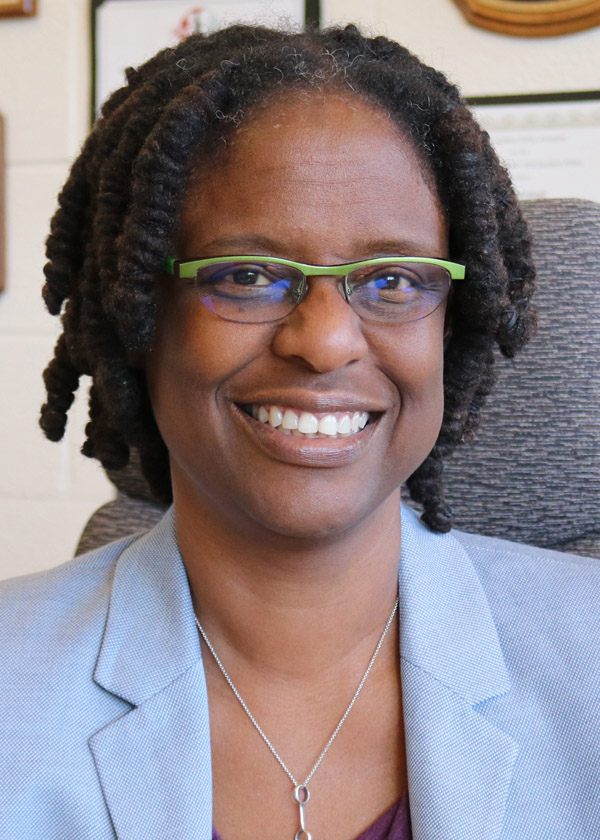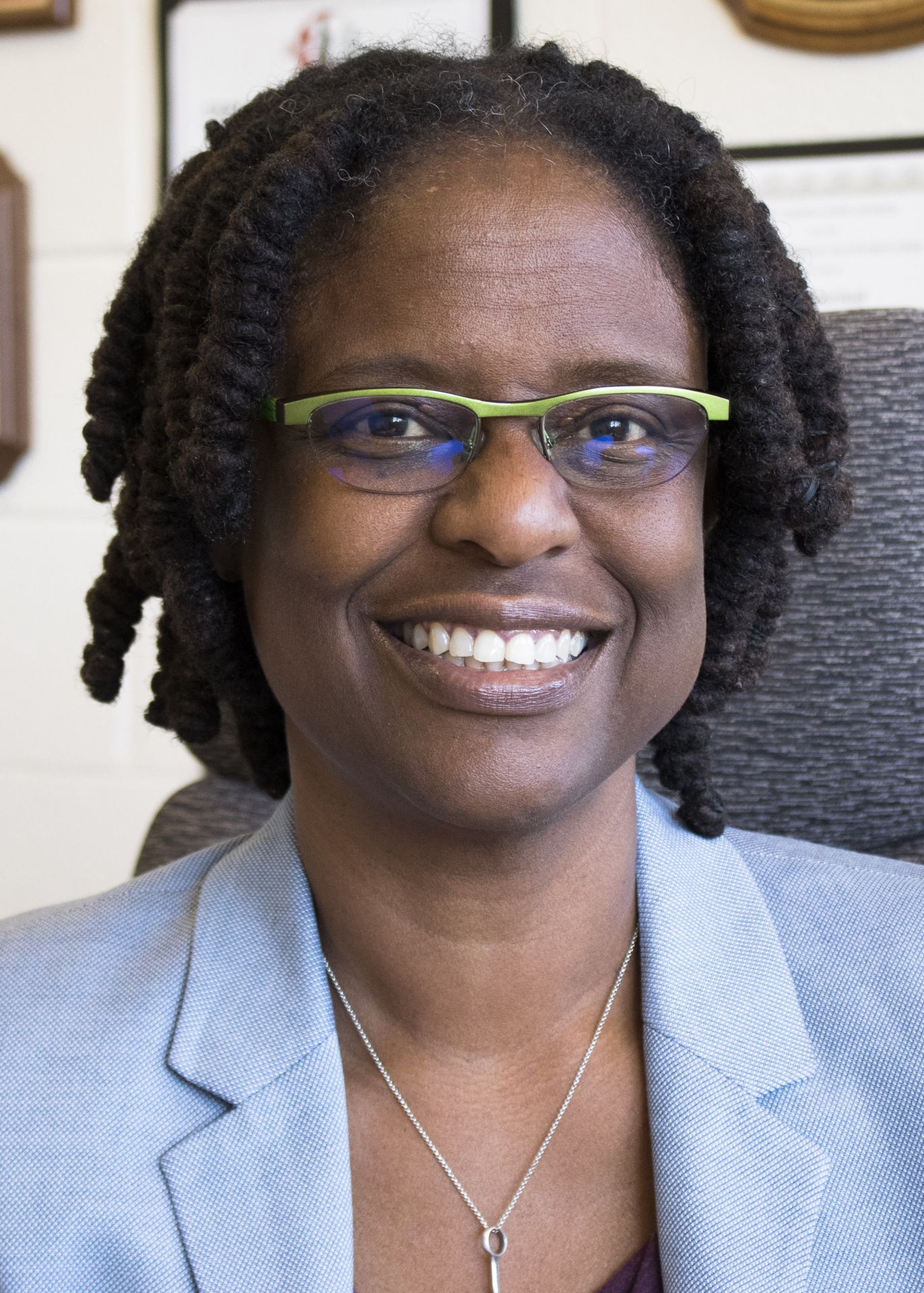Celebrating our strengths

Lisa Marshall
president@ans.org
Several questions loom after federal and state elections: What does the future hold for nuclear science and technology? Will there be a shift in direction? How do we continue and expand our impact on energy and nonenergy initiatives? The American Nuclear Society is an organization of people, policies, and products. We innovate, educate, and facilitate collaboration. We advance the field, serving our members and engaging with communities. With every travel assignment, I have witnessed the collective passion and action of our members toward fuller participation and societal enhancement based on nuclear technology. The work is not done, but there is forward momentum.
We have never been a field that does not answer the call, and at this year’s Winter Conference and Expo, we explored the very apt theme “Now comes the hard part.”
Among the plenaries and technical sessions were panels about engaging and educating the next generation of nuclear professionals, the growth of nuclear engineering departments in higher education, a student design competition, and—as one might expect in November during an election year—keeping nuclear out of the political fray.


